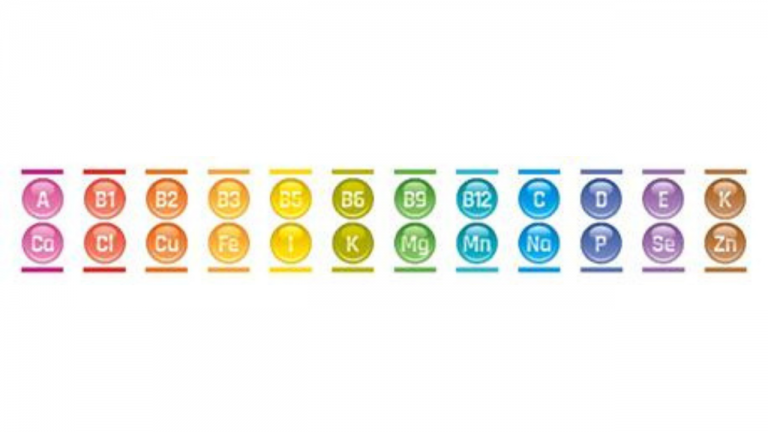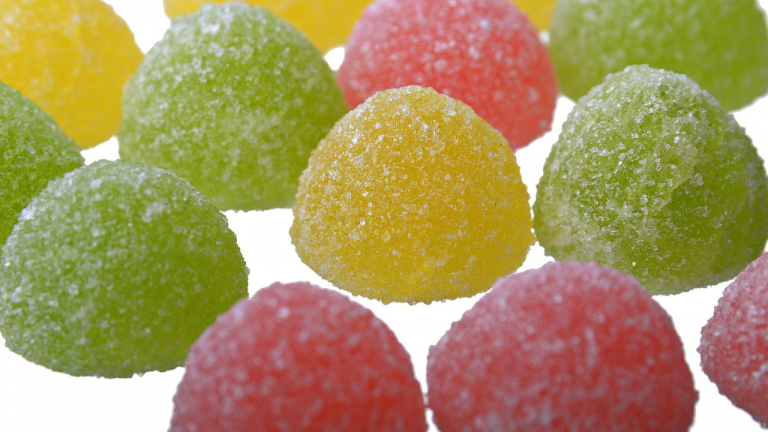What Chemical Effect Does Salt Have on Food?

Salt, or sodium chloride (NaCl), is a common seasoning that is used to enhance the flavor of food. When salt is added to food, it dissolves into its component ions (Na+ and Cl-) and interacts with the food on a chemical level, resulting in a number of effects, including:
Enhancing flavor: Salt enhances the flavor of food by activating taste buds on the tongue, which detects the presence of sodium ions. This activation enhances the perception of other flavors in the food, making it taste more delicious.
Preserving food: Salt has been used for centuries as a natural preservative, as it can help prevent the growth of bacteria that can spoil food. By dehydrating the food and creating an inhospitable environment for bacteria to grow, salt can help extend the shelf life of certain foods.
Tenderizing meat: Salt can also help to tenderize meat by breaking down the protein fibers, which makes it easier to chew and digest.
Altering texture: Salt can affect the texture of food by altering the way it interacts with water. In baked goods, for example, salt can help to strengthen the gluten network, resulting in a firmer texture. In some vegetables, salt can help to soften the cell walls, making them more tender.
Overall, salt can have a significant chemical effect on food, altering its flavor, texture, and preservation properties. However, it is important to use salt in moderation, as excessive consumption can lead to negative health effects such as high blood pressure.



